The world's five richest doubles their fortunes in the last three years
- If each of these rich five dilapidated a million dollars a day, they would need 476 years to exhaust all wealth. Also, since 2020, the purchasing power of 5 billion people worldwide has been reduced. These are the results of this year's NGO Oxfam report.
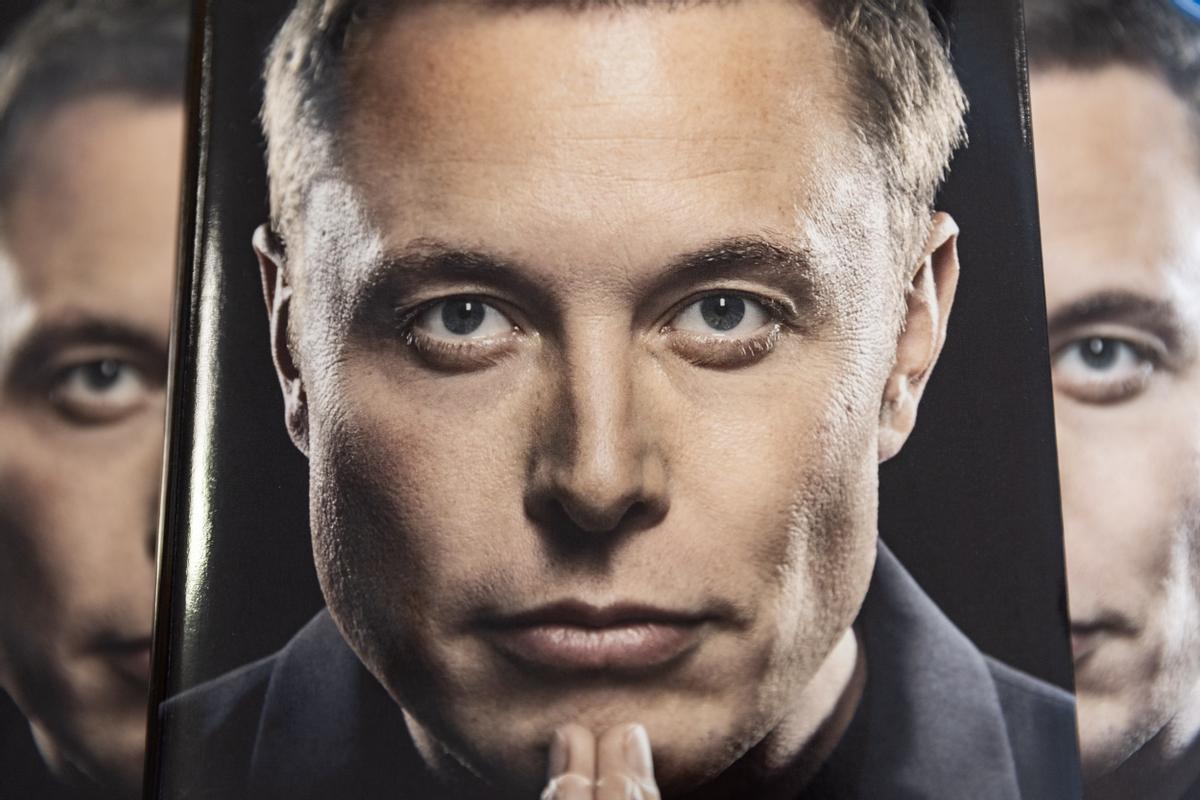
Three Americans and two French and South Africans are among the five richest: Jeff Bezos, leader of the Amazon, Larry Elison, owner of the software company Oracle, and Warren Buffet, investor and speculator, Elon M, owner of the social network SpaceX and X, and Bernard Arnault, entrepreneur of the luxury goods sector.
The five richest people in the world, between 2020 and 2023, have increased their wealth by 114% at the expense of the loss of 5 billion people in the same period.
Oxfam’s report this year reveals that if these rich people spend a million dollars every day, they would take 476 years to run out of savings. In the current direction, it would take 229 years to end poverty in the world.
Global distribution
No surprise: Global wealth is found in the Northern Hemisphere. Although it is only one in five of the total population, seven in ten dollars of good are in the Northern Hemisphere.
In financial assets, the richest, 1 per cent account for 43 per cent of global finances.
Battle of monopolies
The Oxfam report warns of the danger of power monopolies. You have given some examples. For example, the pharmaceutical sector has been analysed: Between 1995 and 2005, 60 pharmaceutical companies became ten major companies. In seed commodities, only two multinationals manage 40% of the world market. And finally, nothing surprising on the internet: 90% use Google and analyze Internet advertising spending, seven out of four dollars is received by Meta, Alphabet and Amazon.
Low remuneration
According to the data collected, Oxfam has reported that only 0.4% of the world’s 1,600 largest companies pay their employees “dignified”. It has also stressed that large companies have an increasing influence on policies.
Oxfam shows year after year how inequality in capitalism accelerates. In 2014, ARGIA reported that 85 richest people had the same number as 3.6 billion people in the world. In 2016, it was 62. By 2017 it was 43. In 2019, 26 were the same age as half of the world's population. Then came the pandemic, the ten richest people doubled their fortune and by 2022 highlighted that the ten richest people six times more than the 3.6 billion poor. The 2023 report highlights that in two years – December 2019 to December 2021 – two-thirds – 63% of global wealth has been left to the richest 1%.
Public education teachers have the need and the right to update and improve the work agreement that has not been renewed in fifteen years. For this, we should be immersed in a real negotiation, but the reality is deplorable. In a negotiation, the agreement of all parties must be... [+]
Economists love the charts that represent the behaviors of the markets, which are curves. I was struck by the analogy of author Cory Doctorow in the article “The future of Amazon coders is the present of Amazon warehouse workers” on the Pluralistic website. He researches the... [+]
Today’s Venice is built on an archipelago of 118 islands. These islands are connected by 455 bridges. The city is based on mud rather than Lura. Millions of trees in the area were cut down from the 9th century onwards to build piles and cement the city. Years have passed and... [+]
Ukrainaren ondoren Polonia?
Europar Batasunak Ukrainako gerra hauspotu du Kiev armaz hornituta, eta menia oraindik airean delarik, gerraren zikloan murgilduta dago bete-betean. Hori bai, bere diskurtsoa modulatzen ari da, eta gero eta gehiago hitz egiten du balizko su-etenaz... [+]








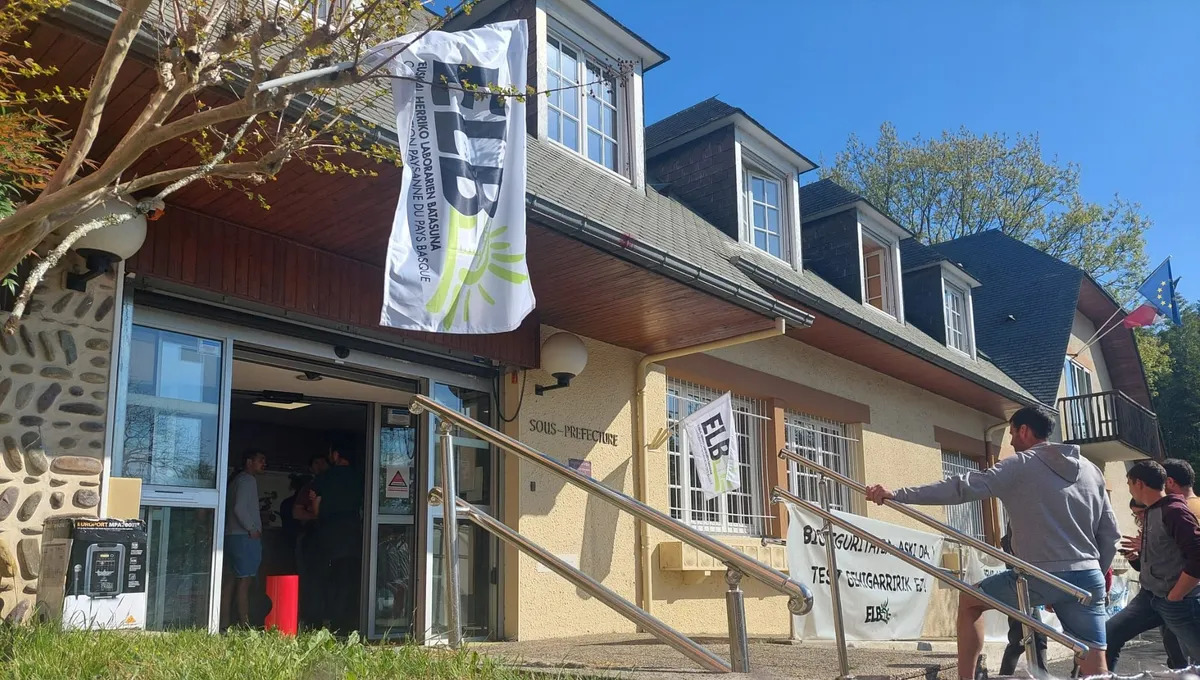

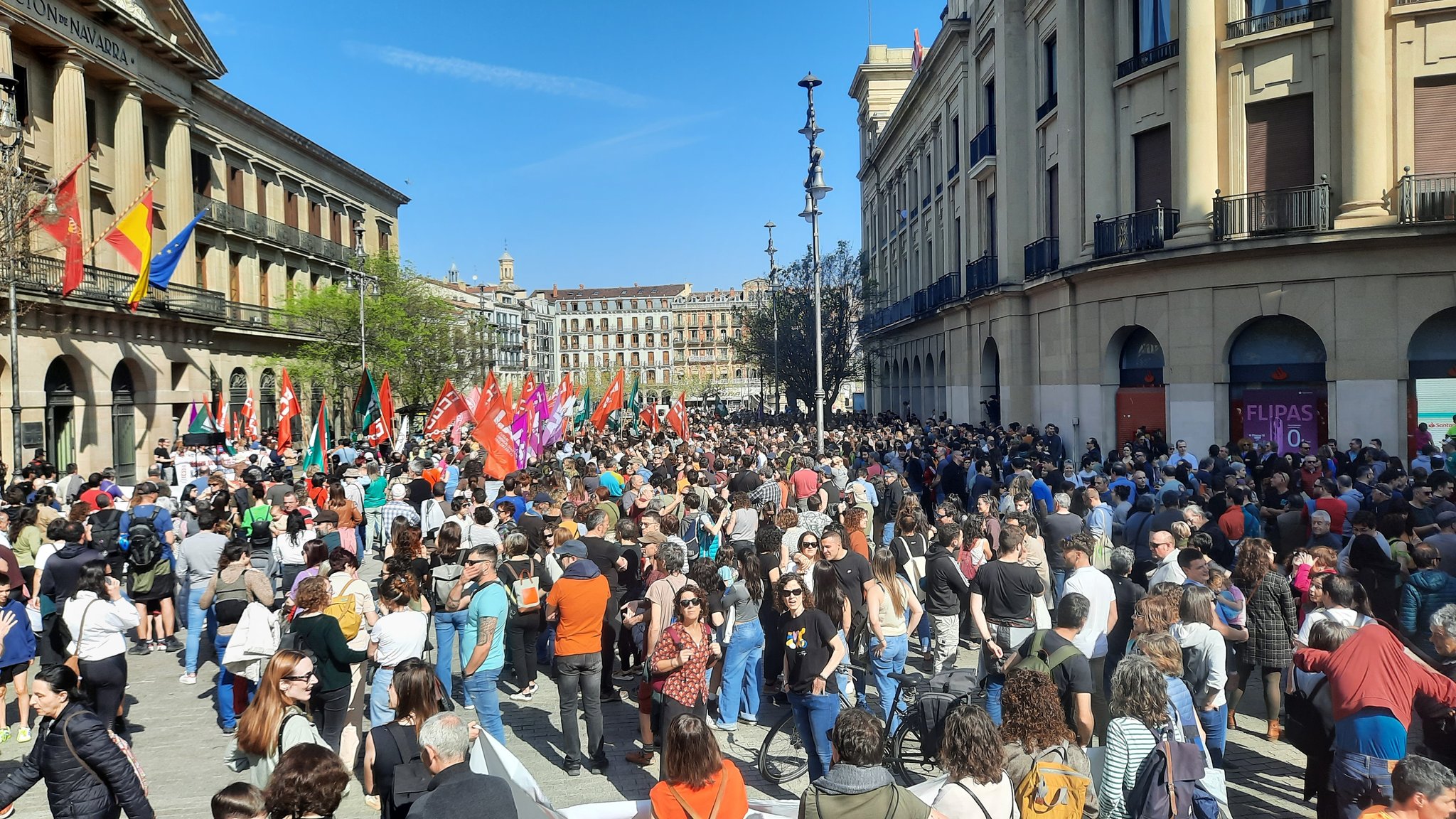
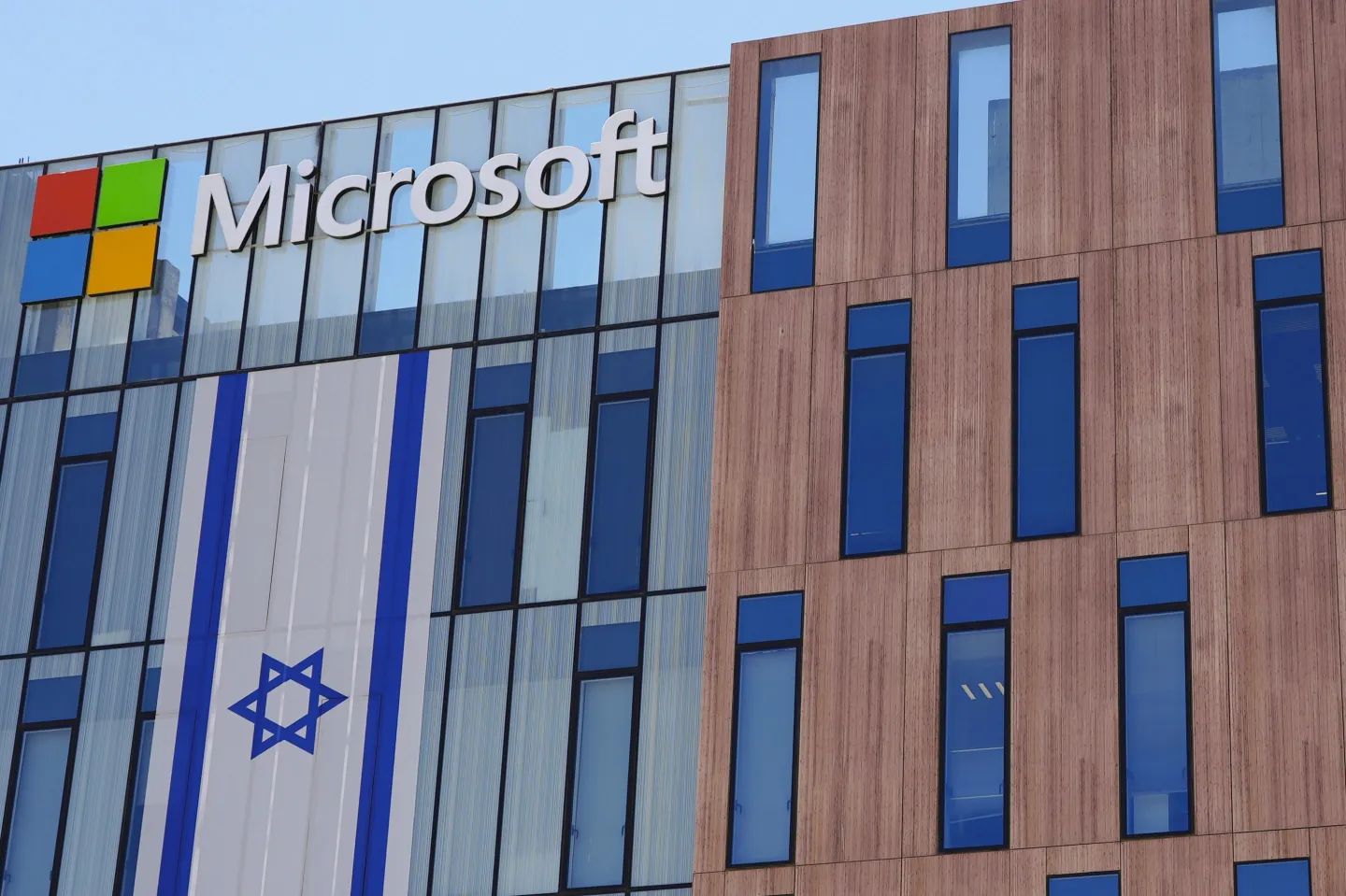



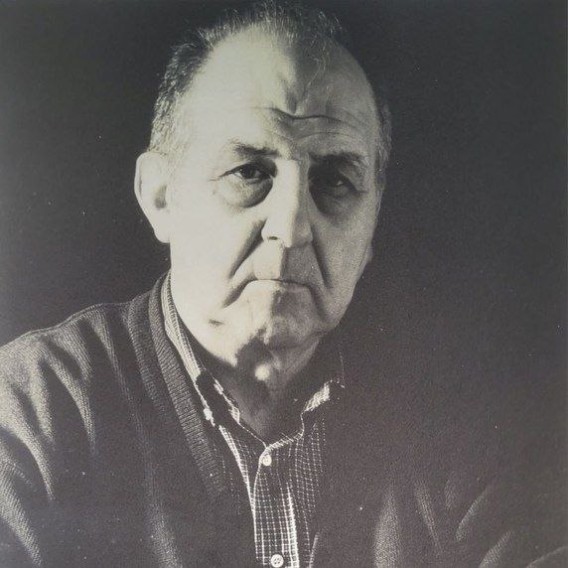
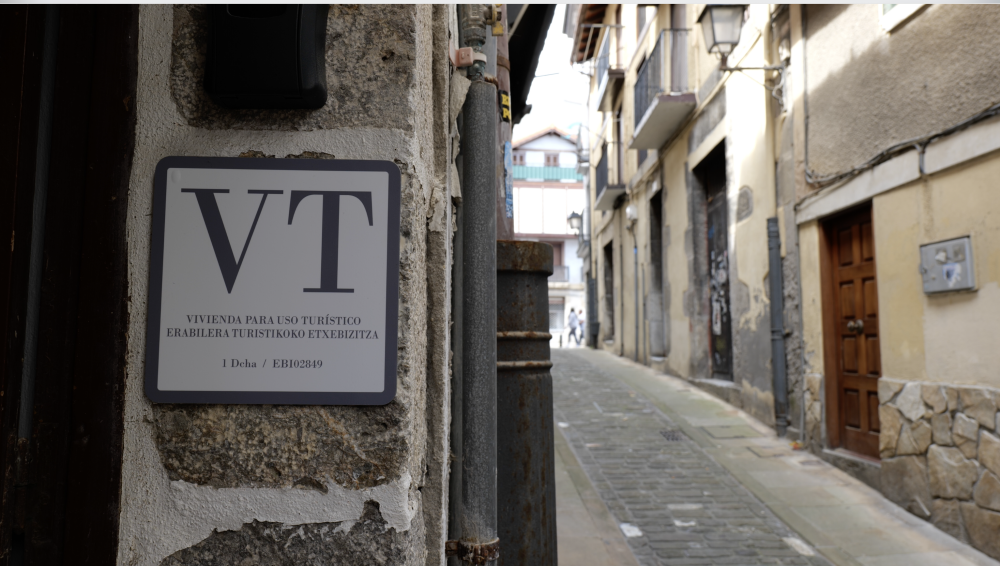
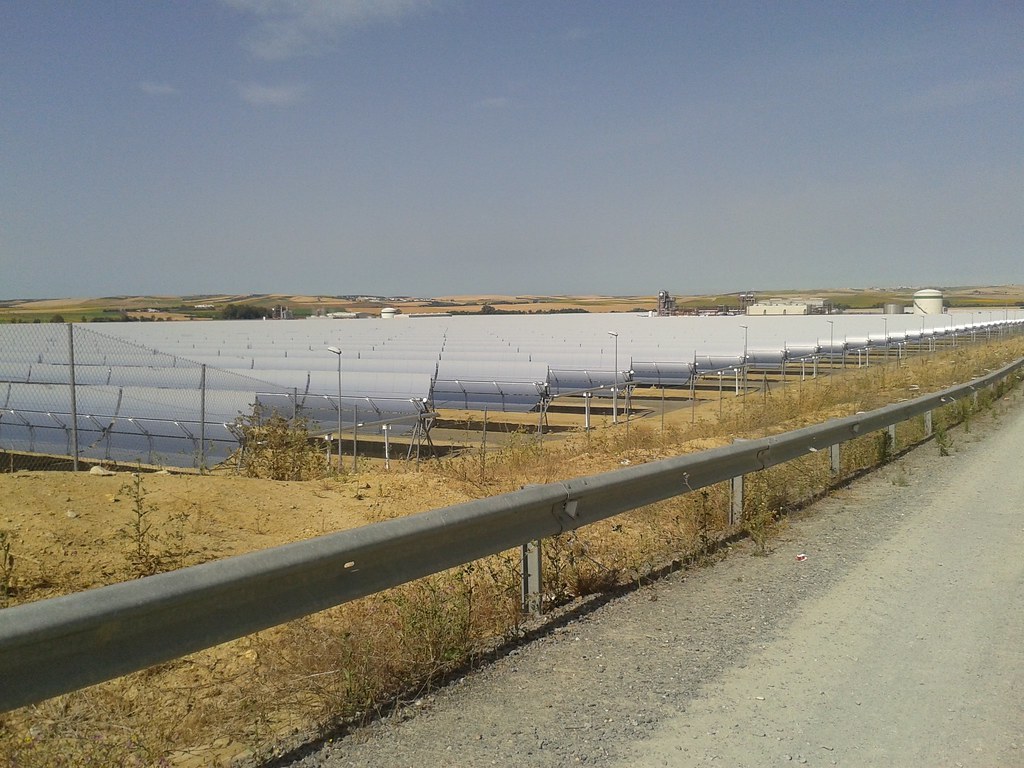

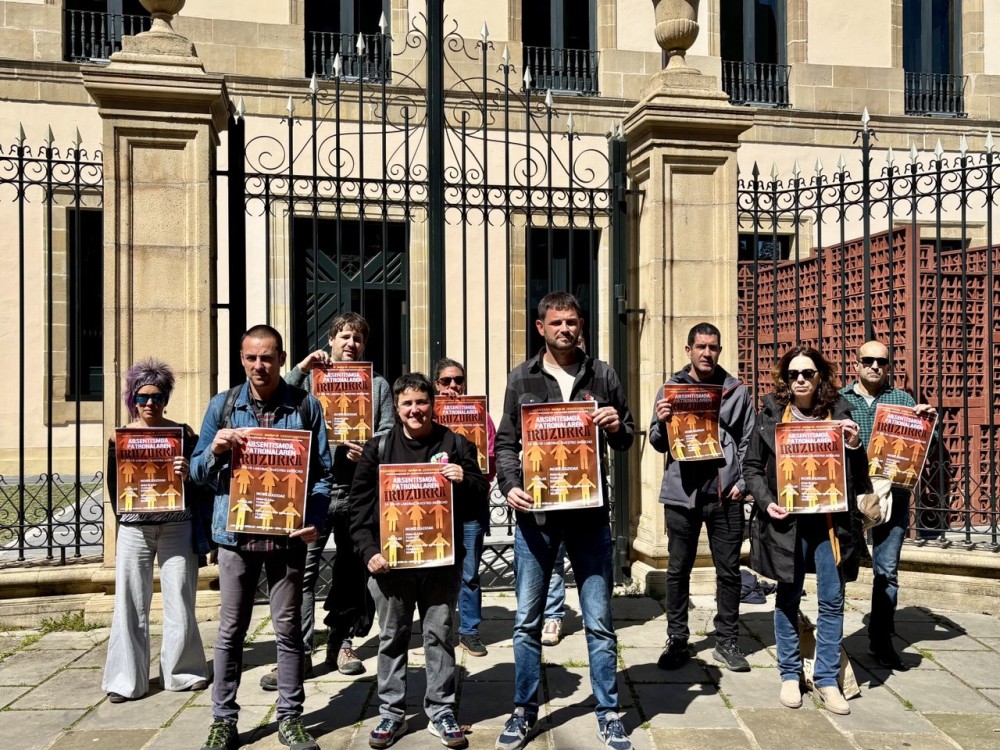
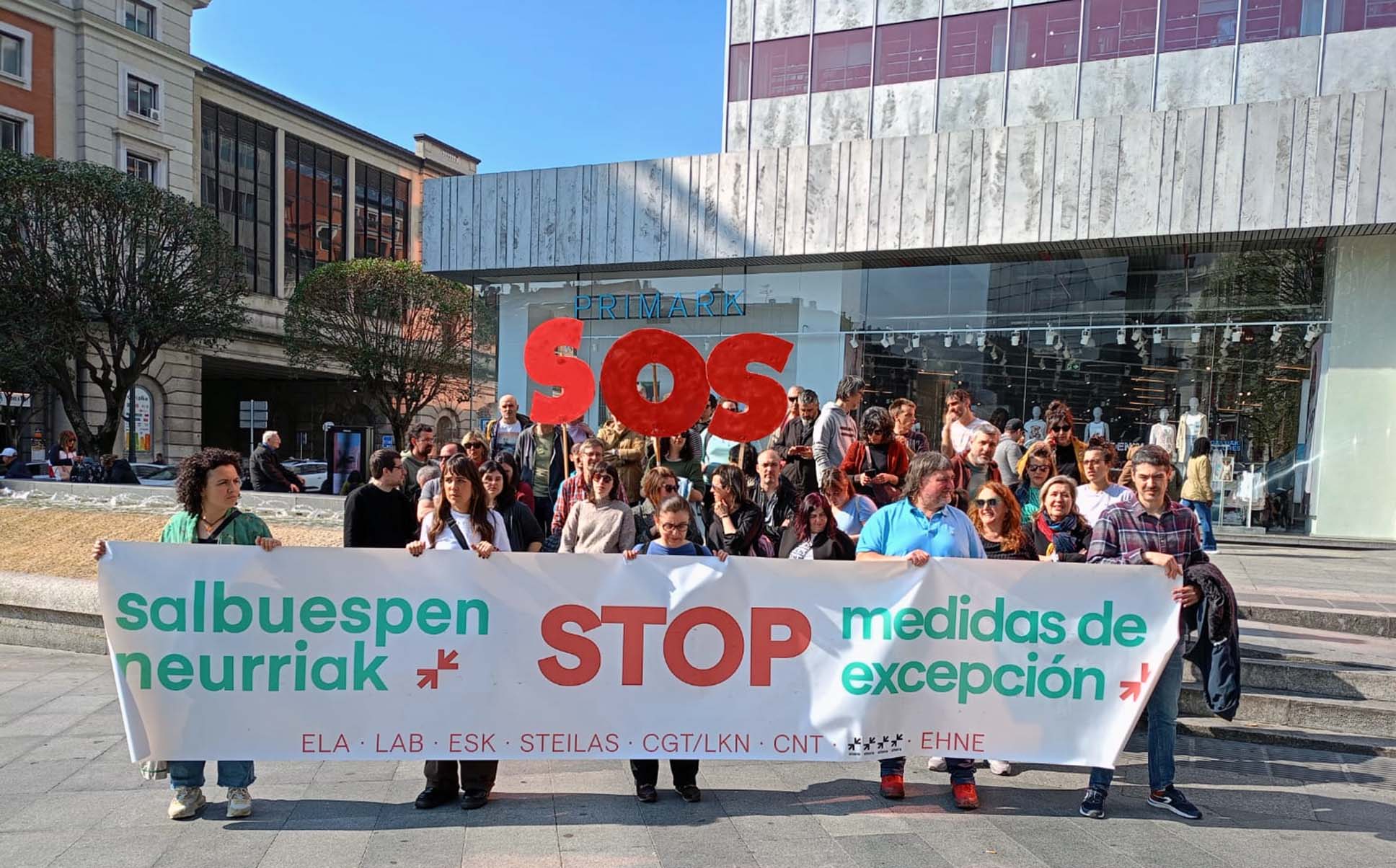
.jpg)